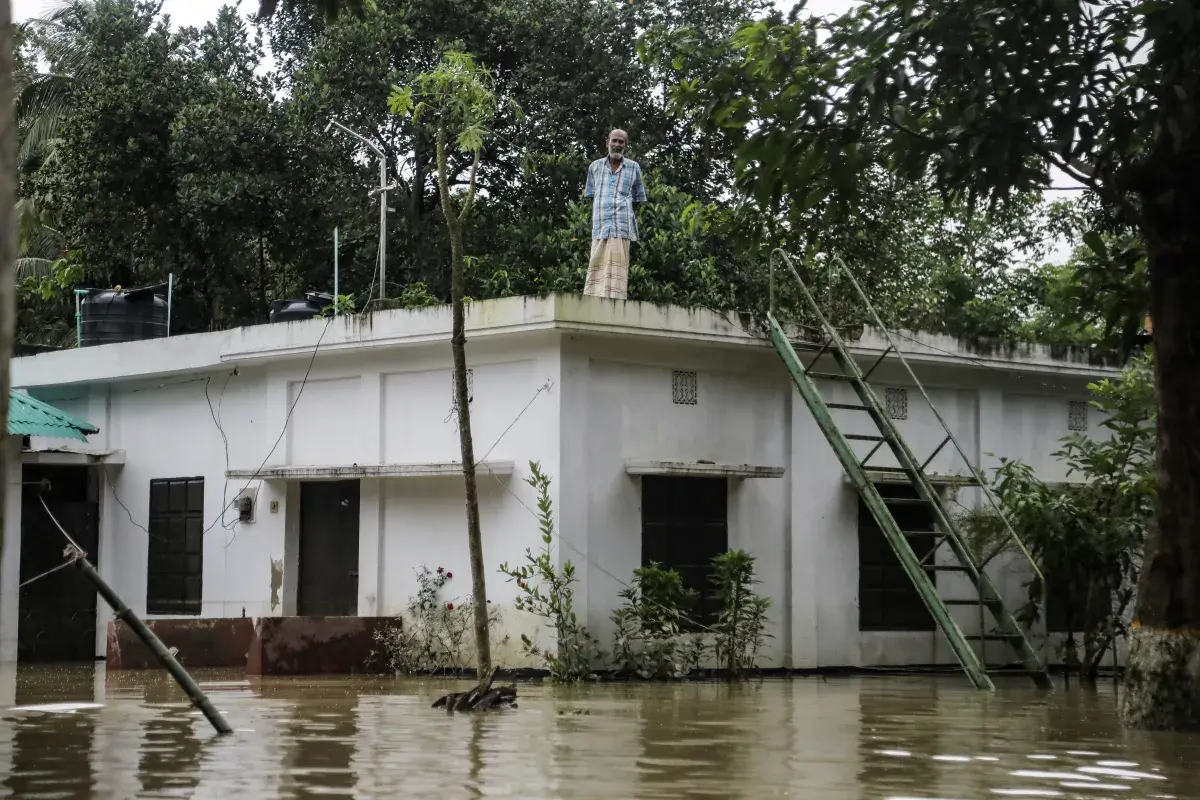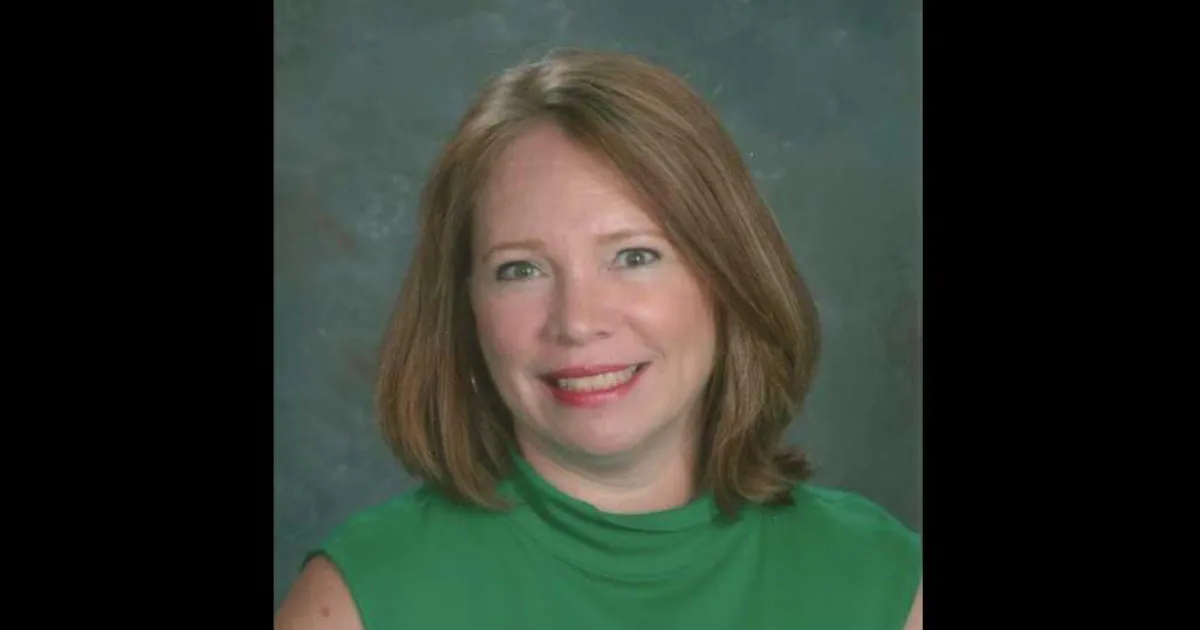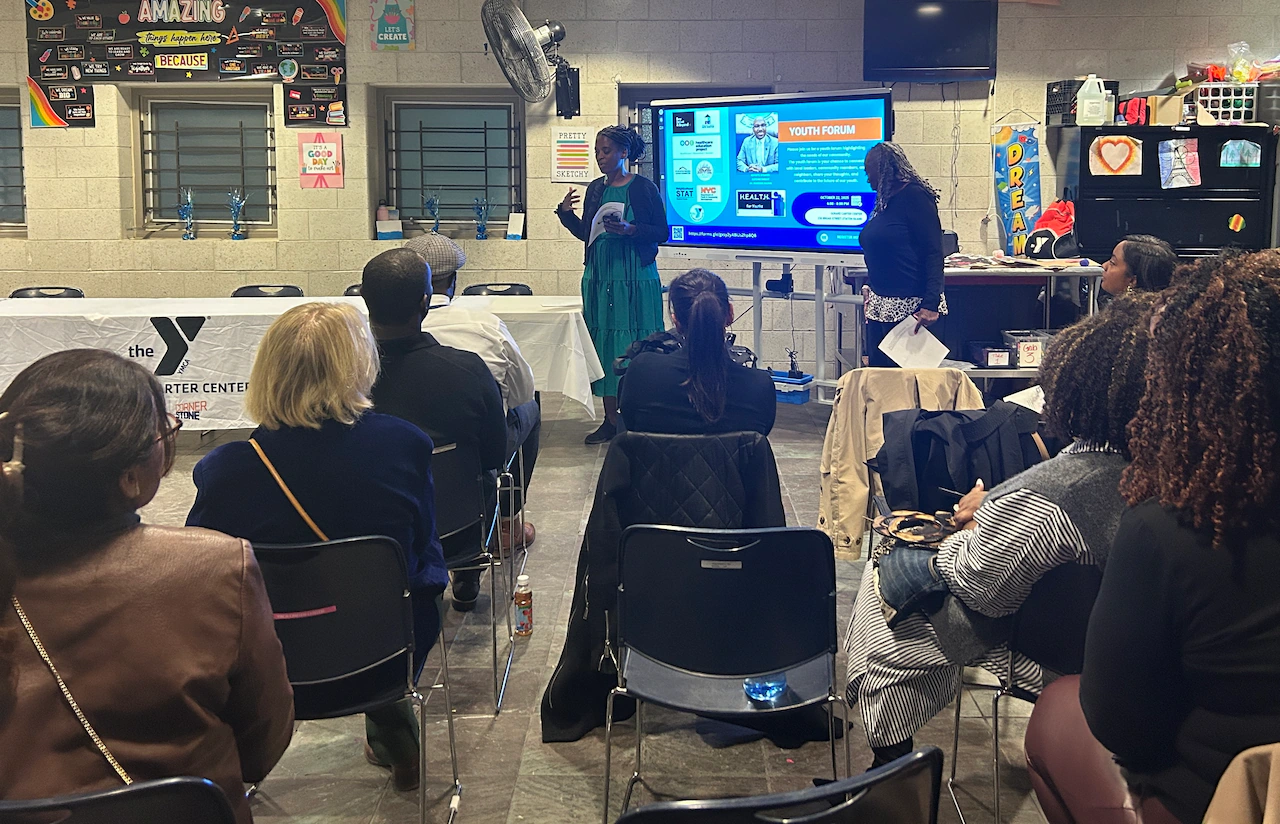Copyright Newsweek

The world stands at a crossroads. The latest science leaves no doubt. We are on course in the short-term to overshoot the 1.5 degrees Celsius limit agreed in Paris. The U.N. secretary-general has warned that “the era of global warming has ended; the era of global boiling has arrived.” Floods, fires and droughts are no longer isolated events. They are the soundtrack of our age. And yet, this is not a moment for despair. It is a moment for leadership. COP30 in Belém, Brazil, is being called the world’s first adaptation COP. The President-Designate Ambassador André Aranha Corrêa do Lago has called for a “major inflection on adaptation” and said that, without it, climate change becomes a multiplier of poverty. That is the right lens, and it is long overdue. The COP30 president said that “adaptation is not an alternative to development—it is the very essence” that must guide outcomes across every negotiating track—from national plans to finance and transparency. Leadership Judged by Lives Saved The truth is stark. Even if current emissions pledges were met in full, global temperatures would still rise by more than 2.5 degrees Celsius this century. The poorest and most vulnerable nations—those least responsible for the problem—will suffer first and worst. In Africa, climate disasters already shave up to 5 percent off GDP each year. Across Asia and the Pacific, rising seas and supercharged storms are eroding decades of development gains. This is why adaptation can no longer be treated as a secondary pillar of climate action. It is the bridge between today’s warming world and tomorrow’s sustainable one. The good news is that adaptation works. When we invest in early warning systems, drought-resistant crops, resilient infrastructure and climate-smart cities, we save lives, create jobs and protect growth. These are investments in hope, not handouts. Every dollar invested in resilience generates more than $10 in benefits over 10 years. The return on inaction, by contrast, is ruin. Developing countries—led by the Least Developed Countries group—are calling for atripling of international adaptation finance by 2030 (relative to 2022 levels). That call must be the benchmark for success at COP30. Today, less than 15 cents of every climate dollar goes to adaptation. This imbalance is indefensible and economically irrational. Adaptation finance is not an act of generosity—it is an act of self-interest. No economy can thrive in a world of failing states and collapsing food systems. When climate shocks destroy harvests in the Sahel or homes in the Caribbean, their effects are felt in markets and migration patterns far beyond national borders. Adaptation is the first line of defence for global stability. To triple adaptation finance, we need a new financial architecture that mobilizes both public and private capital at scale. That means turning billions in public investment into trillions in total financing—through guarantees, insurance mechanisms and partnerships that make resilience bankable. Innovation is our greatest ally. Across the world, new technologies are showing what is possible. Drought-tolerant maize varieties created by scientists at CGIAR have increased yields by up to 30 percent for smallholder farmers. In Bangladesh, locally built cyclone shelters have cut deaths from major storms by 90 percent in two decades. In the Caribbean, coral-based coastal defences are restoring ecosystems while protecting communities. But adaptation is not only about technology—it is about people. It is about education that empowers youth to lead the green transition. It is about health systems that can withstand heatwaves and floods. It is about women farmers who, given access to finance and knowledge, can feed their nations and drive resilience from the ground up. Thirty-three years ago, the world came together in Rio to imagine a sustainable future. Now, in the Amazon, that promise will be tested. COP30 must deliver not another declaration, but a transformation. History will not judge us by the promises we make, but by the lives we save. The leaders gathering in Belém have the power to define whether humanity meets this moment with vision or with evasion. Adaptation is not a concession to failure—it is a testament to courage. It is the practical expression of solidarity in a warming world. COP30 is the moment to prove that solidarity still means something. If we fail to act now, future generations will know that when the world reached the crossroads, its leaders chose delay over duty. But if we rise to the challenge—if we triple adaptation finance, harness innovation and protect the most vulnerable—then COP30 will be remembered not as the summit where the world lost its way but as the moment humanity turned the tide. Ban Ki-moon is the eighth secretary-general of the United Nations and honorary chair of the Global Center on Adaptation. Professor Patrick V. Verkooijen is president and CEO of the Global Center on Adaptation The views expressed in this article are the writers’ own.



